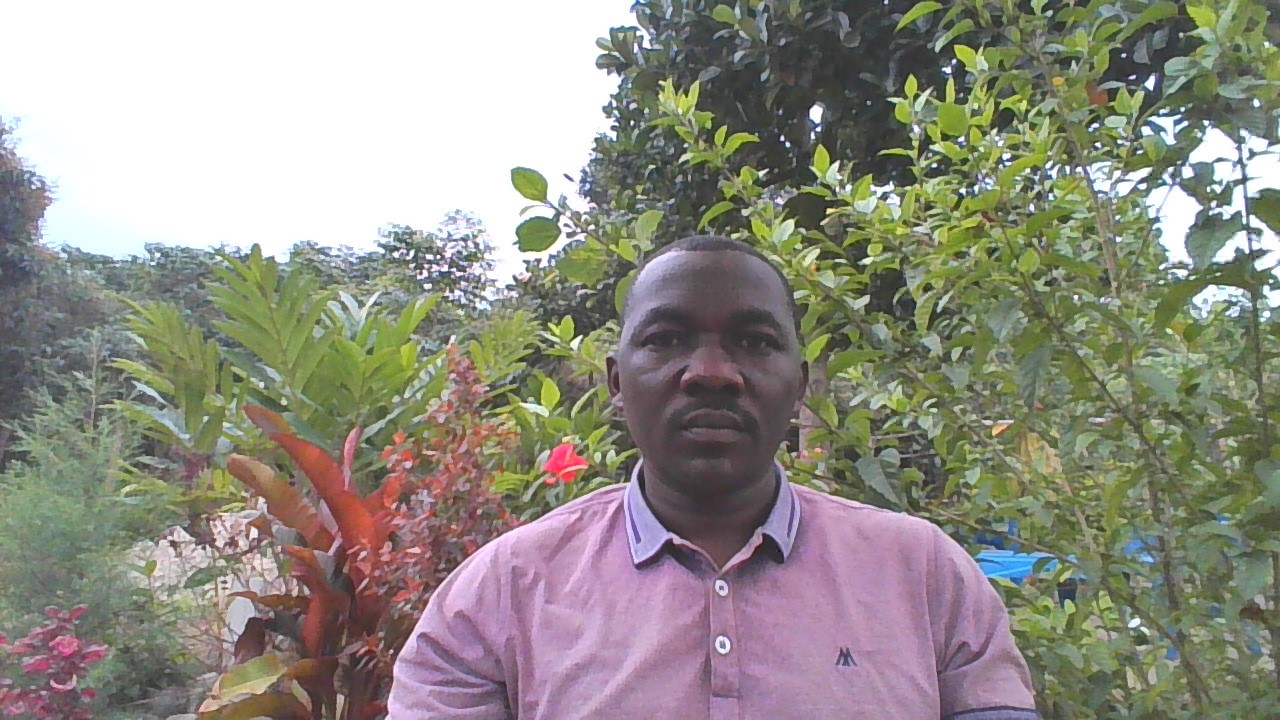Uganda: Threats failed to stop struggle for Indigenous land recognition

Kaheru Brian, an Indigenous Banyabindi man from Uganda who is committed to his community, shows that there are ways to overcome threats in the course of defending land.
The Banyabindi community is one of the Indigenous groups that have been marginalized and displaced from their ancestral lands due to decades of conflict and neglect. They traditionally lived by rearing cattle and practicing agriculture in the Rwenzori highlands, yet they were displaced during turmoil between 1962 and 1980. Their struggle for the respect and protection of their ancestral lands began.
Although Uganda’s Equal Opportunities Commission ruled in their favor in 2007, the community’s land rights have not been settled. However, this has not deterred them. Actions to obtain recognition of their lands have continued for all these years.
Kaheru has played a strong role in community advocacy. In 2024, the pursuit of justice became more intense. Seeking visibility in order to move towards a resolution of the long-running conflict, Kaheru organized three press conferences highlighting the land rights of Banyabindi and even visited the king of the neighboring Rwenzururu Kingdom to explore peaceful solutions.
While his activism raised the profile of his community's plight, it also put him in great danger. On 13 August 2024, Kaheru received an anonymous death threat at his compound, a vivid reminder of the dangers of being an indigenous defender of his community.
From that day on, Kaheru lived with an imminent threat against his life in his knowledge that he was taking grave risks with this work. To protect himself and continue his work, Kaheru took critical security measures.
Kaheru did not consider giving up the defense of the territory. Instead, using available resources, he installed eight solar-powered CCTVs at his home and office to counter the frequent power outages in his rural area and acquired two security dogs to act as early warning alarms.
All of this has created a safer environment in which to continue his advocacy work with confidence.
"I no longer live in fear," said Kaheru. "I can now focus my energies on helping my community without having to look over my shoulder every step of the way." But more importantly, Kaheru's added security has protected him from the violence and instilled in him a spirit of hope and resilience in the Banyabindi community.
When one of the individuals behind the threats was caught and brought to justice under the law, that itself said something: they would not be silenced in their search for justice.
Kaheru attributes this development to the support of IPRI's Legal Defense and Sanctuary Fund, which has allowed him to pay closer attention to his safety while seeking justice through legal means.

